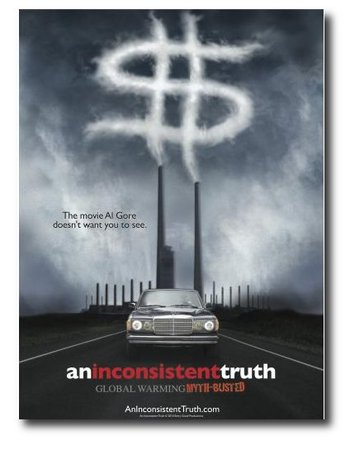 Bishop Hill
Bishop Hill Green racketeers?
 Oct 18, 2013
Oct 18, 2013  Greens
Greens  I came across this story a couple of days ago and then forgot to post it - it's been a bit crazy here recently. It's written by Phelim McAleer and describes an attempt by Chevron to take legal action against a bunch of environmentalists for racketeering:
I came across this story a couple of days ago and then forgot to post it - it's been a bit crazy here recently. It's written by Phelim McAleer and describes an attempt by Chevron to take legal action against a bunch of environmentalists for racketeering:
Chevron is suing lawyer Steven Donziger and a number of activist environmental groups in a civil-racketeering suit, claiming that his landmark $19 billion award against the oil company in an Ecuadorean court was the product of a criminal conspiracy.
Ironically, much of the company’s evidence comes from footage shot for “Crude,” an award-winning pro-Donziger documentary that premiered with much publicity at the Sundance Film Festival.




















